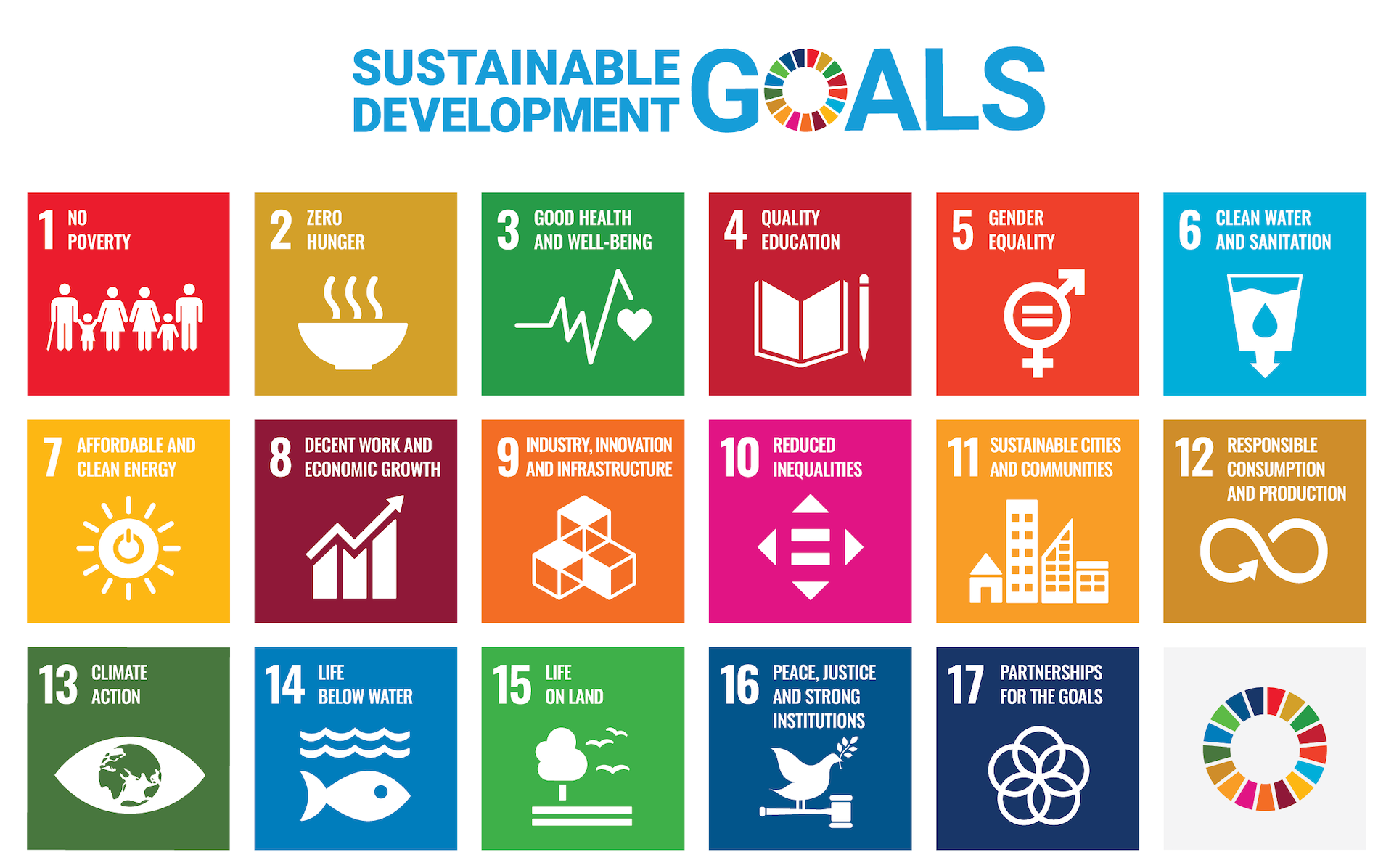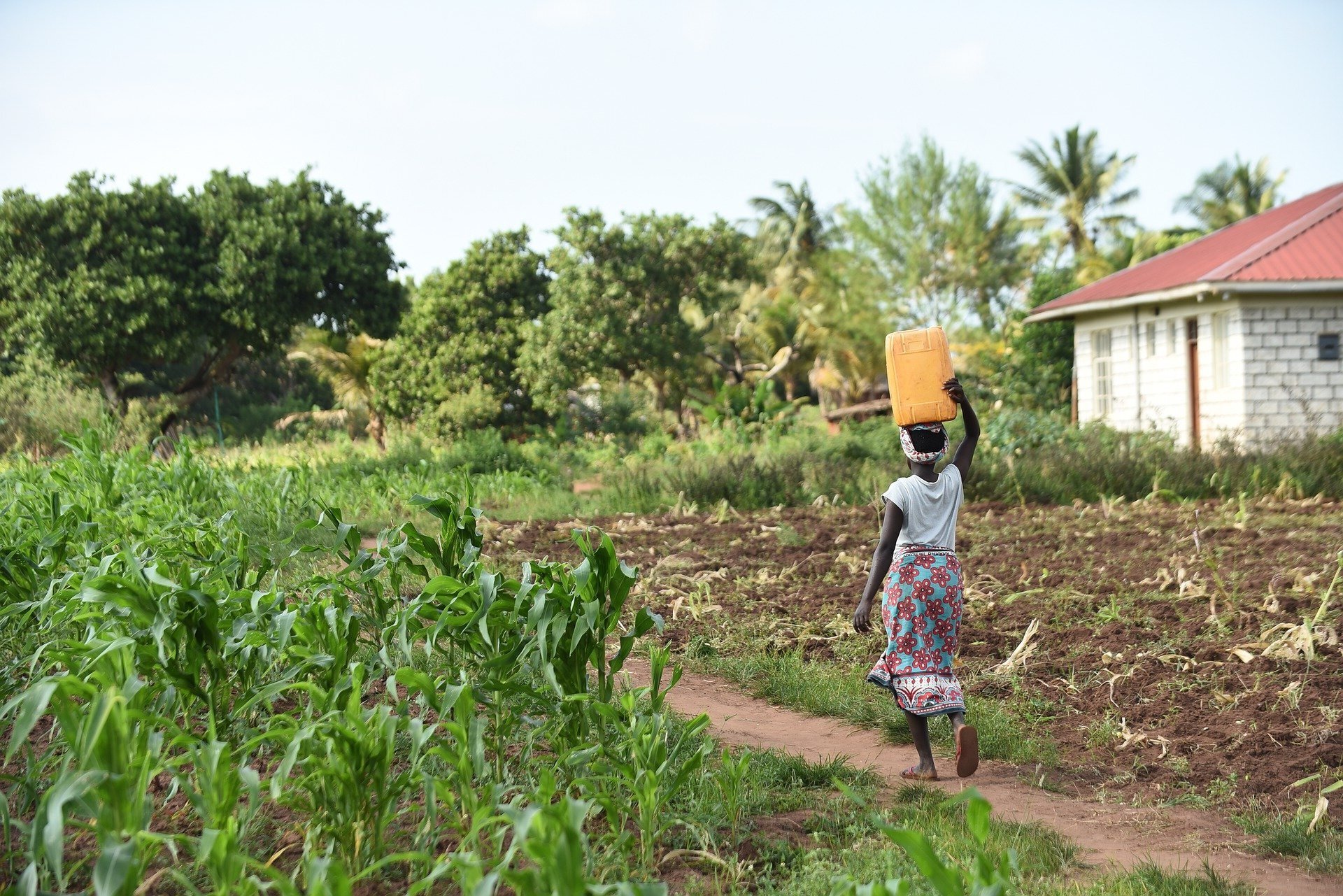

Who we are
UEBT is a non profit organisation that promotes sourcing with respect. We set good practices for how companies should harvest, collect or grow ingredients from biodiversity in a way that is respectful of the local environment and the people who call it home.
Our vision
A world in which all people and biodiversity thrive.
Our mission
We work to regenerate nature and ensure a better future for people through the ethical sourcing of ingredients from biodiversity.

What we do
UEBT defines practices that respect people and biodiversity and then provides an independent check that companies are taking those steps.
What is biodiversity?
Biodiversity is the variety of life on Earth – including the wide diversity of ecosystem and species. Every organism that lives is a component of biodiversity, from plants to animals to microorganisms. Humans are also part of biodiversity.
Why should people care about biodiversity?
Intact biodiversity protects our health and quality of life. UEBT is working with companies that are willing to take actions to create a future that will sustain the health of people and let nature thrive.
To put it simply, we must care for biodiversity to care for ourselves.
Learn more about the science of biodiversity
Want to know more about ingredients from biodiversity?
Read our ingredient stories about illipe nuts, avocado, bergamot, hibiscus, buchu, liquorice and many more…
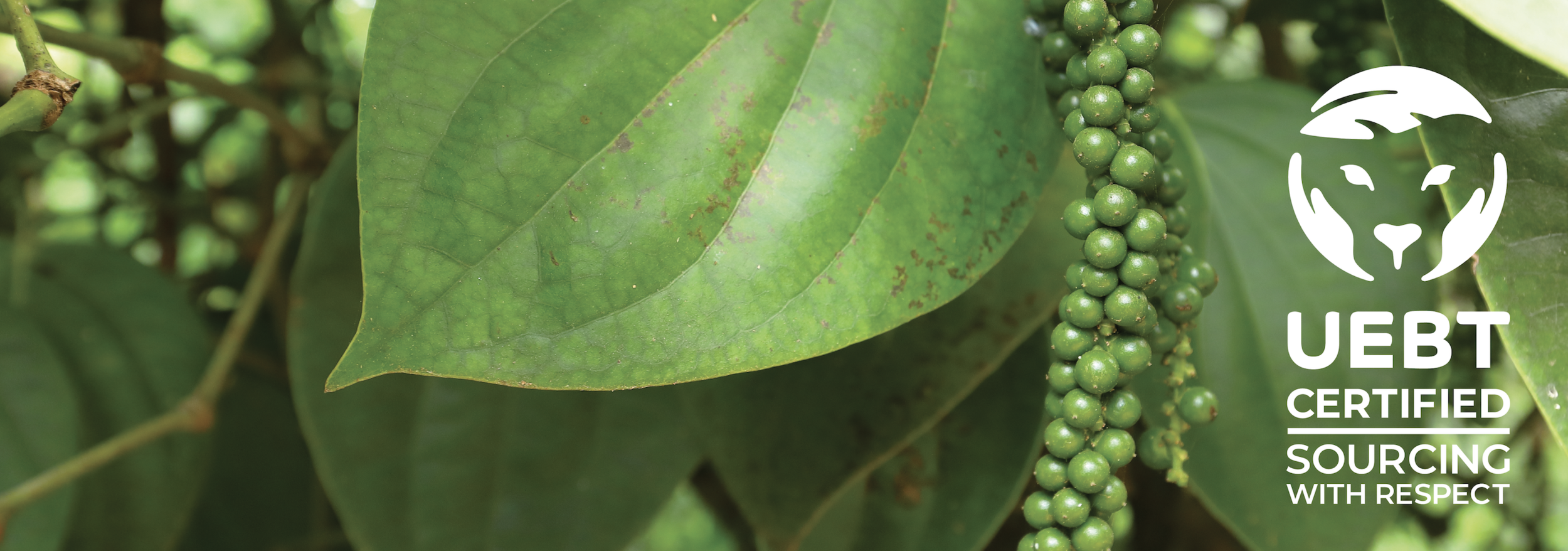
What our label means
When you see the UEBT Certified label it means that an ingredient was harvested or grown in a way that respects people and biodiversity.
The certification may be for one or more natural ingredients inside the product, or it may be a certification of the systems inside a company that are used to source these ingredients.
UEBT provides an independent check for companies on the following issues:
Conservation of biodiversity
Endangered and threatened species
Protected areas
No land conversion or deforestation of intact ecosystems
Water quality and soil health
Labor and workers’ rights
Invasive species and no GMOs
Prohibited agrochemicals
Compliance with laws and regulations
Child rights
Clarity about land tenure
and much more…
What does the picture on the certification label represent?
The UEBT certification labels have three parts, referring to plants (the leaf), animals (the face) and people (the hands), and the entire image is a circle representing our planet and our need for ecological balance.
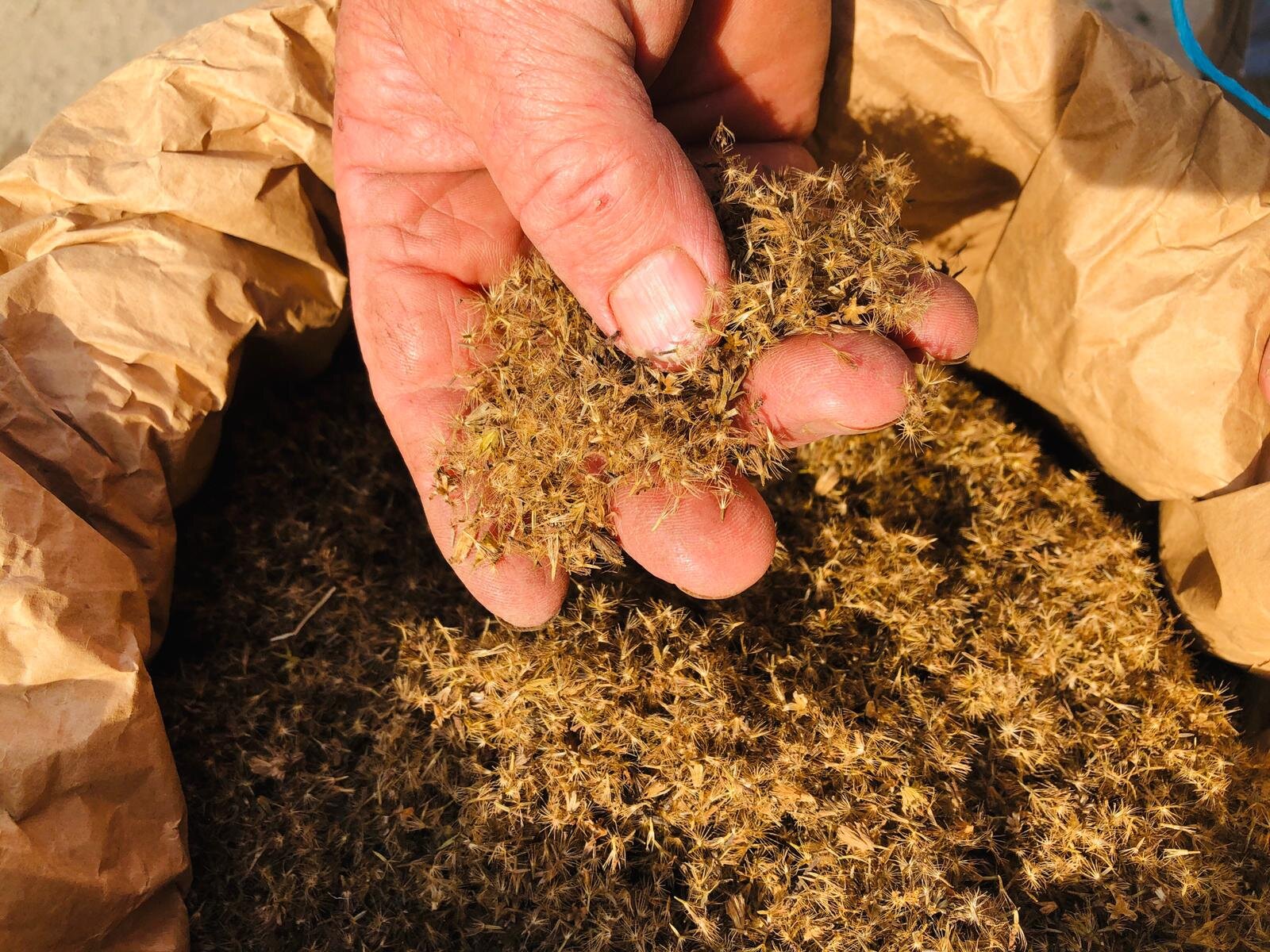
How can I help
You can support people and biodiversity by choosing brands that source ingredients from nature with respect. Here are some of the brands working with UEBT:
Brands we work with:
Some of our partners
UEBT works with Rainforest Alliance in herbs and spices.
The Rainforest Alliance Certified label can be found on some of these products. Joint farm inspections are done by UEBT and Rainforest Alliance.
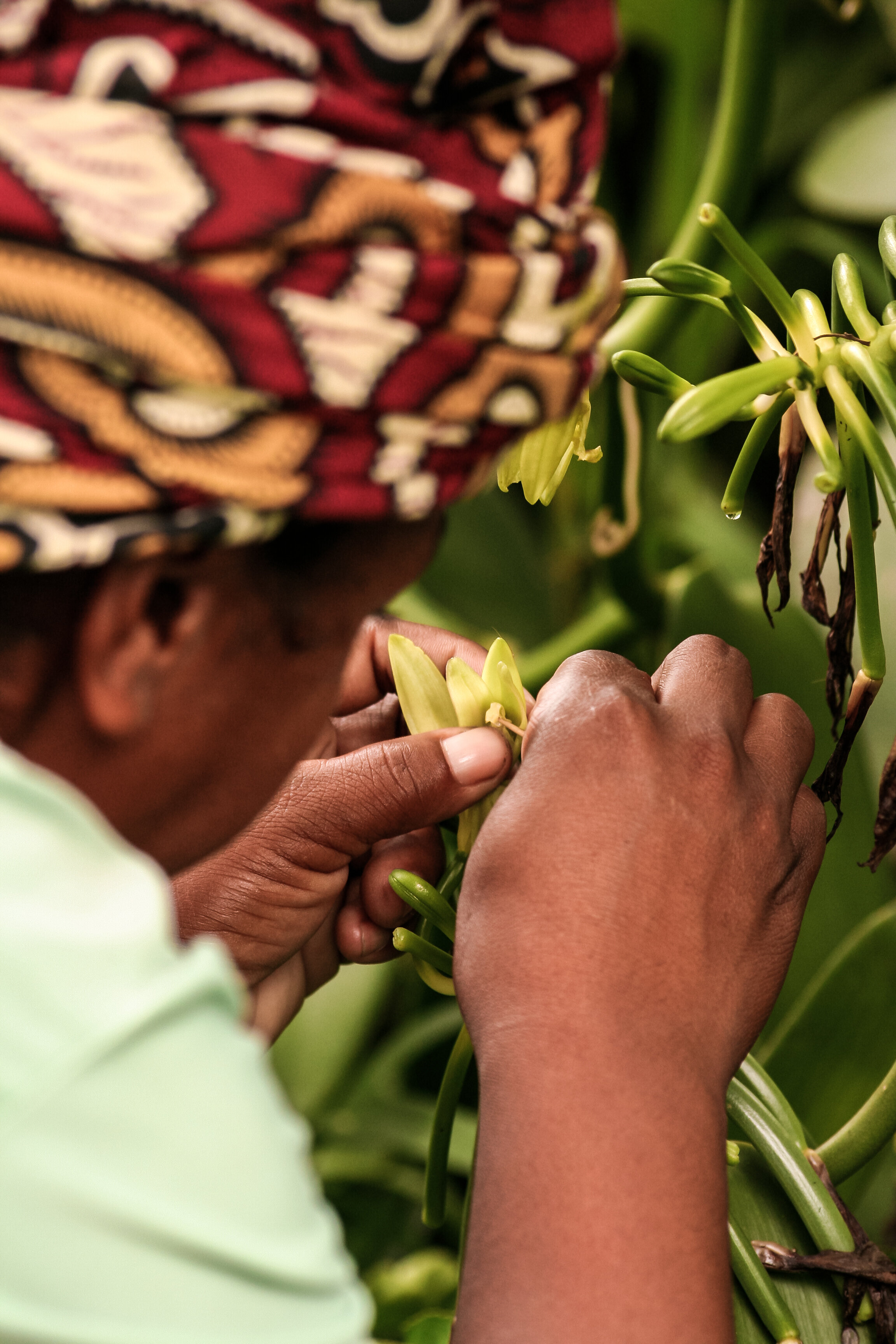
Our standard
Watch a short video on our standard
UEBT standard promotes sourcing with respect for people and biodiversity. It defines practices for the sourcing of ingredients from biodiversity that seek to restore local ecosystems and ensure a better future for producers – farmers and workers – involved in cultivation or wild-collection activities.
The UEBT standard is aligned with international agreements such as the United Nations’ Convention on Biological Diversity and the UN Sustainable Development Goals.
United Nations’ Convention on Biological Diversity
Signed by 150 government leaders at the 1992 Rio Earth Summit, the Convention on Biological Diversity is dedicated to promoting sustainable development. It has 3 main objectives:
1. The conservation of biological diversity
2. The sustainable use of the components of biological diversity
3. The fair and equitable sharing of the benefits arising out of the utilization of genetic resources
Since then more than 196 countries have ratified the agreement.
The Sustainable Development Goals (SDGs)
The SDGs also known as the Global Goals, were adopted by the United Nations in 2015 as a universal call to action to end poverty, protect the planet, and ensure that by 2030 all people enjoy peace and prosperity. Read here how UEBT contributes to the SDGs.
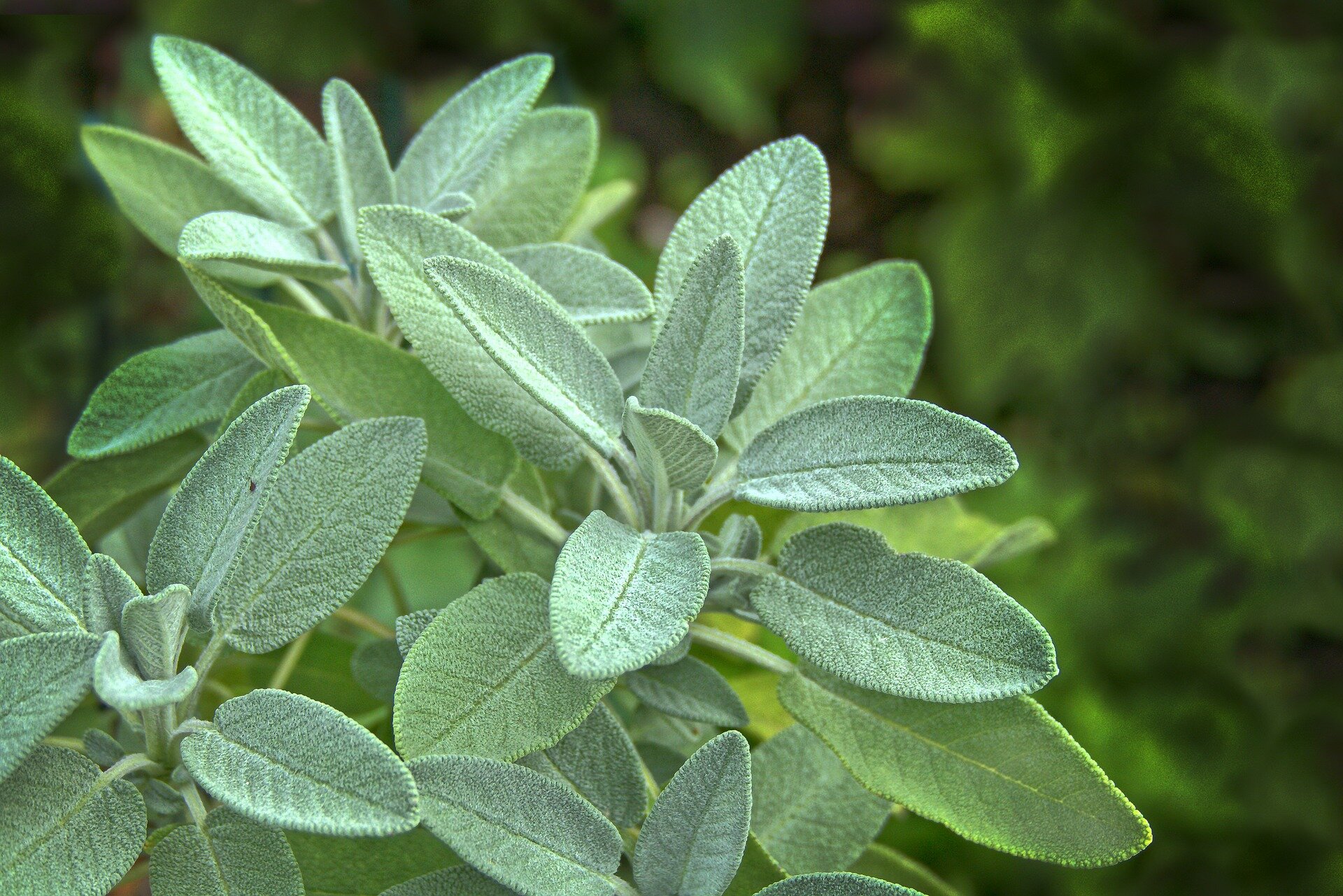
One question to Simona D’Amico, UEBT’s Biodiversity Expert
Simona has been with UEBT since 2017 and holds a PhD in Rural Sociology from Wageningen University. Before she joined UEBT, she did research on organic farming and sustainable food.
Testing of the Biodiversity Action Plan (BAP) in Western Ghats, India biodiversity hotspot
Q: What does it mean when people talk about ‘regenerating’ nature?
Simona D’Amico: “Regeneration means working to replenish natural systems, such as promoting insects, birds, animals and plants. It also means improving soil conditions for the future.
When farmers or companies do something ‘regenerative’ it means they are contributing to the natural processes that take place in an ecosystem, such as capturing greenhouse gases, regulating the climate, or purifying water. For example, the UEBT standard requires that companies minimize the use of synthetic agrochemicals. A company might take actions such switching to organic fertilizers or planting native tree species on farms to act as shade trees and to protect soil from heavy wind and rain.

Contact
UEBT Secretariat
De Ruijterkade 6, 1013 AA
Amsterdam, Pays-Bas
+31 20 22 34567
Visit our full web site: www.uebt.org

















